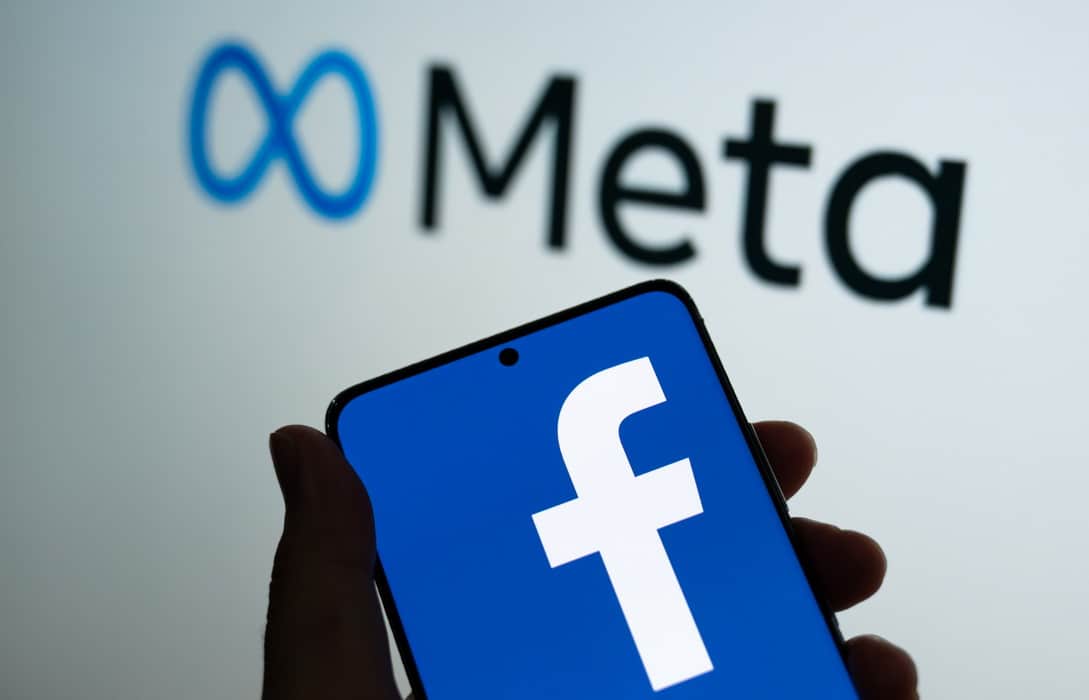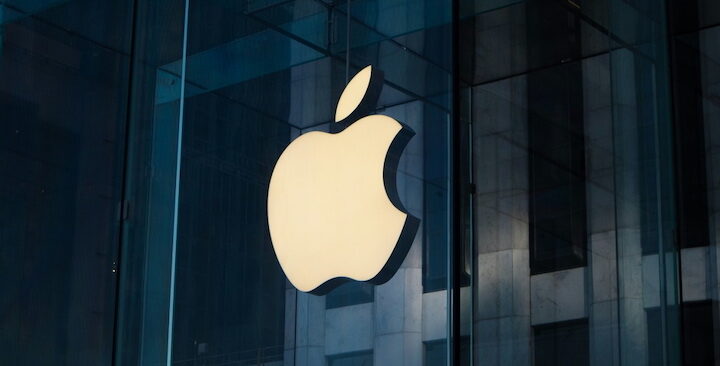While Mark Zuckerberg may believe that the future of his company lies in the metaverse, truth is, the project is costing Meta and its shareholders billions of dollars.
The four-year operating loss of Meta’s Reality Labs division, home to the company’s virtual reality technologies and projects, climbed to a shocking $35 bln, according to data presented by TradingPlatforms.com.
Although Facebook parent Meta’s investors have called on the company to reduce spending on metaverse projects, it continues to lose billions of dollars to bring its CEO’s metaverse vision to life.
Even more worrying is that Zuckerberg expects losses to grow significantly in 2023, after the annual operating loss of Meta’s Reality Labs division had already tripled.
In 2019, the operating loss stood at a massive $4.5 bln, according to Statista data and Meta’s earnings reports. A year later, this figure grew by 46% to $6.6 bln.
However, 2021 saw an even bigger increase, with the amount of invested money surging by 54% year-over-year to $10.2 bln.
In the last quarter of 2022 only, the Reality Labs division recorded an operating loss of $4.3 bln, bringing the total for the year to an eye-watering $13.7 bln, or 34% more than a year before that.
Although Zuckerberg expects the metaverse project to grow its company’s operating income in the long run, at this point it’s just the opposite, with metaverse investments weighing heavily on Meta’s results.
Last year, the company’s operating margin dropped from 40% to 25%, as total operating profit went down from $46.8 lbn in 2021 to $28.9 bln in 2022.
Big Five
Moreover, Meta saw the biggest market cap drop of all Big Five tech giants last year, with more than $750 bln wiped off its stock value.
Although Meta is losing billions of dollars on metaverse projects at this point, the Statista Advertising and Media Markets Insights survey shows a huge potential in the metaverse to justify such massive investments.
Even the conservative addressable market scenario, where 15% of the digital economy shifts to the metaverse, shows Zuckerberg is seemingly shooting for a slice of a large and lucrative business.
According to Statista’s forecast, the metaverse’s reach is projected to hit 700 million people worldwide by the end of the decade. The total addressable market in the conservative scenario, or the revenue opportunity for metaverse products and services, is expected to hit $1.91 trln in this period.
In the optimistic scenario, where 35% of the digital economy shifts to the metaverse, this value jumps to $4.44 trln.










